In this post, you will find 25 fermented food recipes that improve gut health and overall health. These are simple probiotic-rich recipes you can make with everyday ingredients.
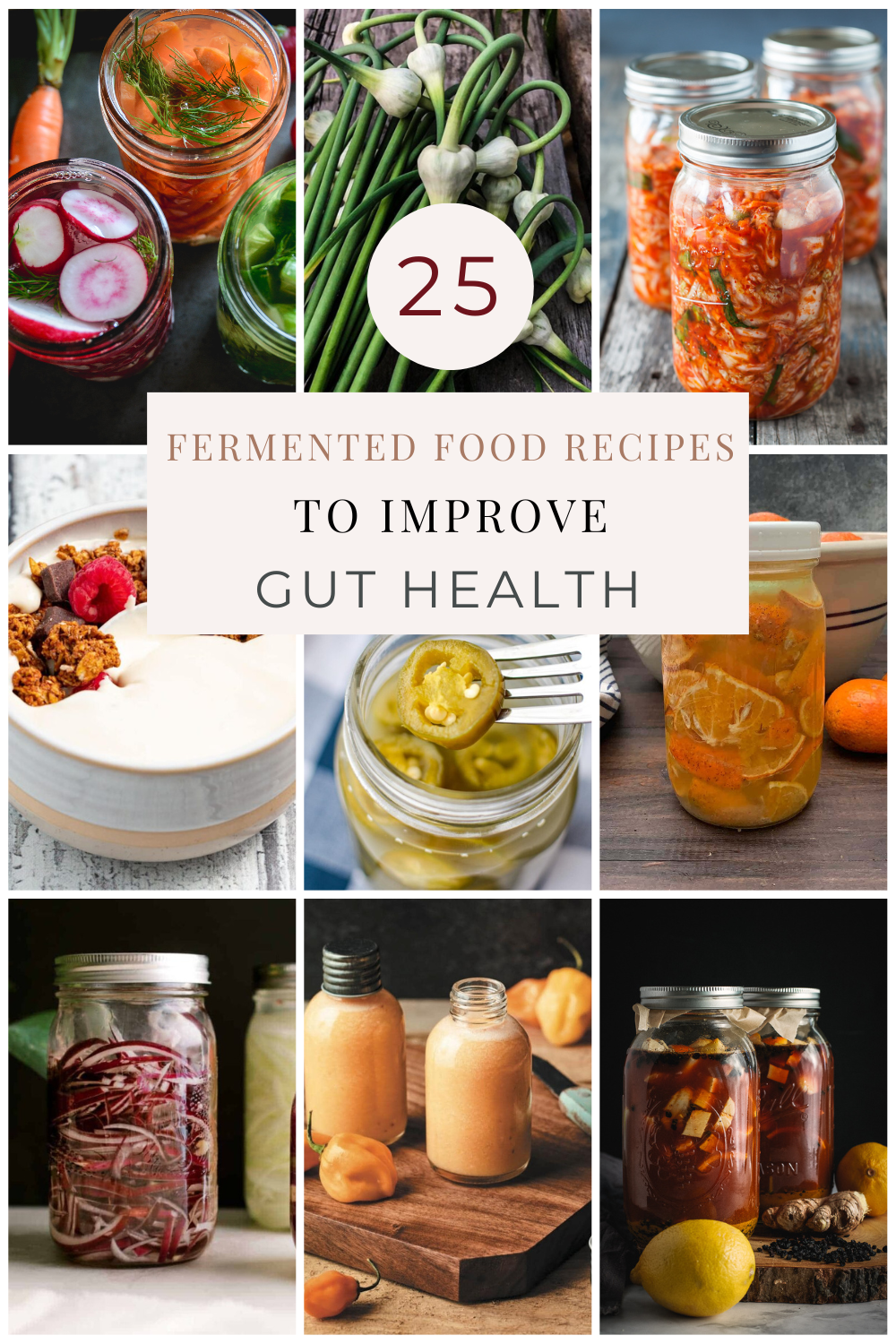
What is fermentation?
Fermentation is a natural process used for centuries to preserve food and beverages. It is also a way to create new and delicious flavors. Fermented foods are rich in probiotics, which are beneficial bacteria that can improve gut health. They are also a good source of vitamins, minerals, and antioxidants.
What are the different types of fermentation?
- Alcoholic fermentation: This is the process by which yeast converts sugar into alcohol and carbon dioxide. It is used to make beer, wine, and other alcoholic beverages.
- Lactic acid fermentation: This is the process by which bacteria convert sugar into lactic acid. It is used to make sauerkraut, kimchi, and other fermented vegetables.
- Malolactic fermentation: This is a secondary fermentation that occurs in some wines and other beverages. It converts malic acid into lactic acid, which softens the acidity of the beverage.
- Acetic acid fermentation: This is the process by which bacteria convert ethanol (alcohol) into acetic acid (vinegar). It is used to make vinegar.
What are the benefits of eating fermented foods?
Improved gut health
The gut is home to trillions of bacteria, both good and bad. When the balance of good and bad bacteria is disrupted, it can lead to digestive problems, such as diarrhea, constipation, and bloating. Fermented foods can help to restore the balance of gut bacteria, which can improve digestive health. It is easy to eat or drink your probiotics. But as I mentioned in other posts, the key is starting slowly when introducing fermented foods as you don't want to shock your digestive system. Fermented foods are powerful!
Increased nutrient bioavailability
Fermentation can increase the bioavailability of nutrients in food. This means that the body is better able to absorb and use the nutrients in fermented foods versus for example, raw food.
Longer shelf life
Fermentation can help to extend the shelf life of food. This is because the fermentation process creates an acidic environment that inhibits the growth of harmful bacteria.
Enhanced flavor
Fermentation can add a unique and delicious flavor to food as the fermentation process produces new flavors and aromas, including a tangy salty taste.
Reduced food waste
Fermentation is an excellent way to reduce food waste. This is because fermented foods can be stored for longer periods of time than fresh food. Also, a reason why people eat fermented vegetables and fruits when fresh ones are not available.
How To Ferment Foods?
- Choose the ingredients you want to ferment
- Prepare the ingredients
- Add the starter culture or brine
- Ferment the food
- Store the fermented food
Troubleshooting Fermentation
Common Fermentation Issues
Temperature
The ideal temperature for fermentation is between 60 and 70 degrees Fahrenheit or (15.5-21 degrees Celcius). If the temperature is too high, the food may end up spoiling as the fermentation will happen too quickly. If the temperature is too low, the fermentation will happen too slowly or not at all.
Avoid fluctuating temperature changes such as stoves or radiators. It's best to store the ferments in an area with a steady temperature.
Humidity
Fermentation also requires a certain amount of humidity. If the humidity is too low, the food will dry out and the fermentation will not happen properly. If the humidity is too high, the food may mold.
Unwanted bacteria
Unwanted bacteria can also interfere with fermentation. To prevent this, it is important to use clean, and sanitize all equipment and to start with fresh, high-quality ingredients.
Troubleshooting tips
If you are having trouble with your fermentation, here are a few troubleshooting tips:
- Check the temperature. If the temperature is too high or too low, adjust it accordingly.
- Check the humidity. If the humidity is too low or too high, adjust it accordingly.
- Use clean, sanitized equipment.
- Start with fresh, high-quality ingredients.
- If you see any unwanted bacteria, discard the food.
And now let's get to these 25 Fermented Food Recipes for Gut Health.
25 Fermented Food Recipes For Gut Health
Save the bright flavor of fresh citrus to use in recipes throughout the year. These fermented oranges are easy to make and will make your cooking sing.
Learn how to make honey fermented ginger which is a delicious addition to a culinary pantry, as well as packed with medicinal benefits.
A fermented take on the Indonesian chili paste Sambal Oelek, from my cookbook Fermented Hot Sauce Cookbook. Packed with probiotics and a good dose of heat and flavor! Naturally vegan and gluten-free.
Improve digestion, reduce inflammation, and boost immunity with this spicy gut-healing Elderberry Fire Cider Recipe.
This fizzy, probiotic-rich, naturally fermented salsa is filled with super delicious flavors with a lot of depth, and a touch of spice! Whether you’re a seasoned fermenter or new to fermentation, this cultured bell pepper salsa could not be easier to make, and is filled to the brim with deliciousness and health!
A spicy and flavorful fermented Aji Chombo hot sauce recipe perfect for true spice lovers! This recipe is from my book Fermented Hot Sauce Cookbook.
Love pickles and the savory flavour of garlic? These crisp fermented garlic scapes are so tangy and delicious and I'll show you how easy it really is!
This a delicious and simple kimchi recipe you can make at home.
These Homemade Armenian cucumber pickles have an uber-crunchy and tender texture, accompanied by sweet, tangy, and earthy flavors. They are incredibly easy to make and don’t require complicated and lengthy steps.
An easy cultured vegan yogurt recipe that's smooth, tangy, exceptionally thick & creamy & just perfect for dolloping on anything and everything! Easy to make with or without an Instant Pot.
Try these probiotic-rich kombucha gummies for a yummy way to boost your gut health! They also contain amino acid-rich gelatin, which is great for the digestive system.
Easy Fermented vegetables are the ideal probiotic-rich companion for any meal and are easy to make at home. All you need is water, salt, and vegetables.
If you’re off the alcohol for whatever reason, this drink is something delicious that really fills that Friday evening cocktail gap!
The perfect way to preserve delightful summer veggies is simply in salt and water. This ferment is gut healthy and very easy to make.
Sauerkraut is one of the healthiest foods for our bodies. It's rich in probiotics and requires only two ingredients - cabbage and salt. Check out this quick tutorial for making sauerkraut.
A simple vegan cheese, this fermented cashew cream cheese needs just a handful of easy to find ingredients. No high-speed standing mixer needed.
A delightful homemade kombucha recipe that's refreshing and nourishing.
Fermented or pickled mustard greens is a classic Chinese sauerkraut. This pickled mustard greens recipe is a simple and easy way to make delicious homemade suan cai (酸菜). It is a little different from Chinese pickled cucumber in soy sauce base mixture.
Want to keep some lemons around for as long as you can without taking up freezer space? These Fermented Lemons are crazy easy to make and they add a delightful flavor to many different dishes!
Fermented onions are made using brine (water and salt) and time. Fermenting onions at home is easy and totally worth the effort.
Lacto-fermented jalapenos are the ultimate spicy condiment. They add a touch of heat to your favorite dishes, as well as a probiotic punch! Eat them on salads, soups, or just on the side of a traditional meat and potatoes meal. Fermenting jalapenos is the perfect way to preserve a summer crop, or extend the storage life of a few leftovers in your crisper drawer.
This easy and probiotic-rich recipe for fermented bananas is the perfect way to introduce fermented fruits into your daily meals. Fermented bananas taste delicious, and can easily be incorporated into smoothies, oatmeal, or your favorite baked goods. Easy to make with just a few simple ingredients.
This easy and delicious recipe for fermented apples is probiotic-rich, easy to make, and ready to go in just 48 hours! These lacto-fermented apples are the perfect tasty way to incorporate more fermented foods AND is an excellent way to preserve fresh apples for up to 2 months.
A super easy, nutritious, and flavorful dosa recipe made with yellow split peas and buckwheat flour for a fun twist! These Indian dosas are fermented for added flavor and gut healing powers. Gluten-free & vegan.
I have fond memories of drinking deep pink Russian Beet Kvass Recipe that my grandfather made from beets (beetroot). The fermentation of Beet Kvass is similar to making fermented Kimchi or Kombucha.







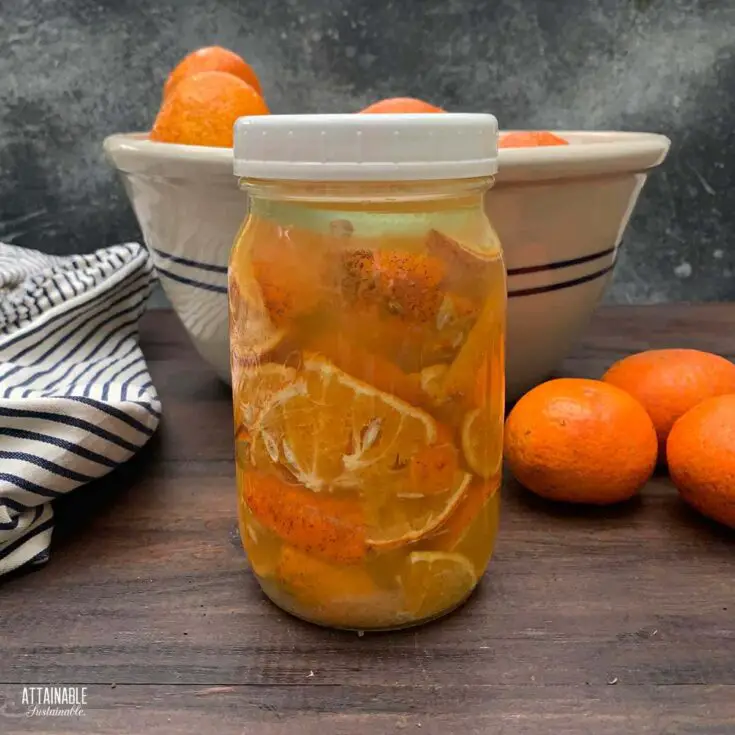
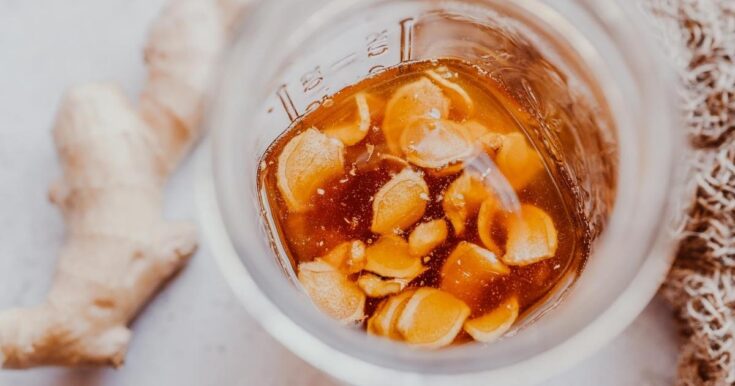
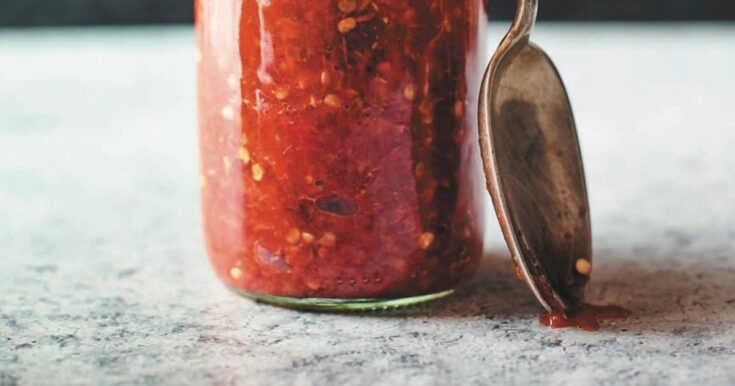
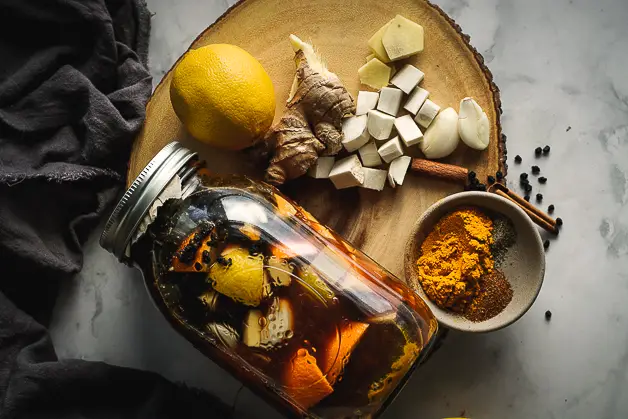


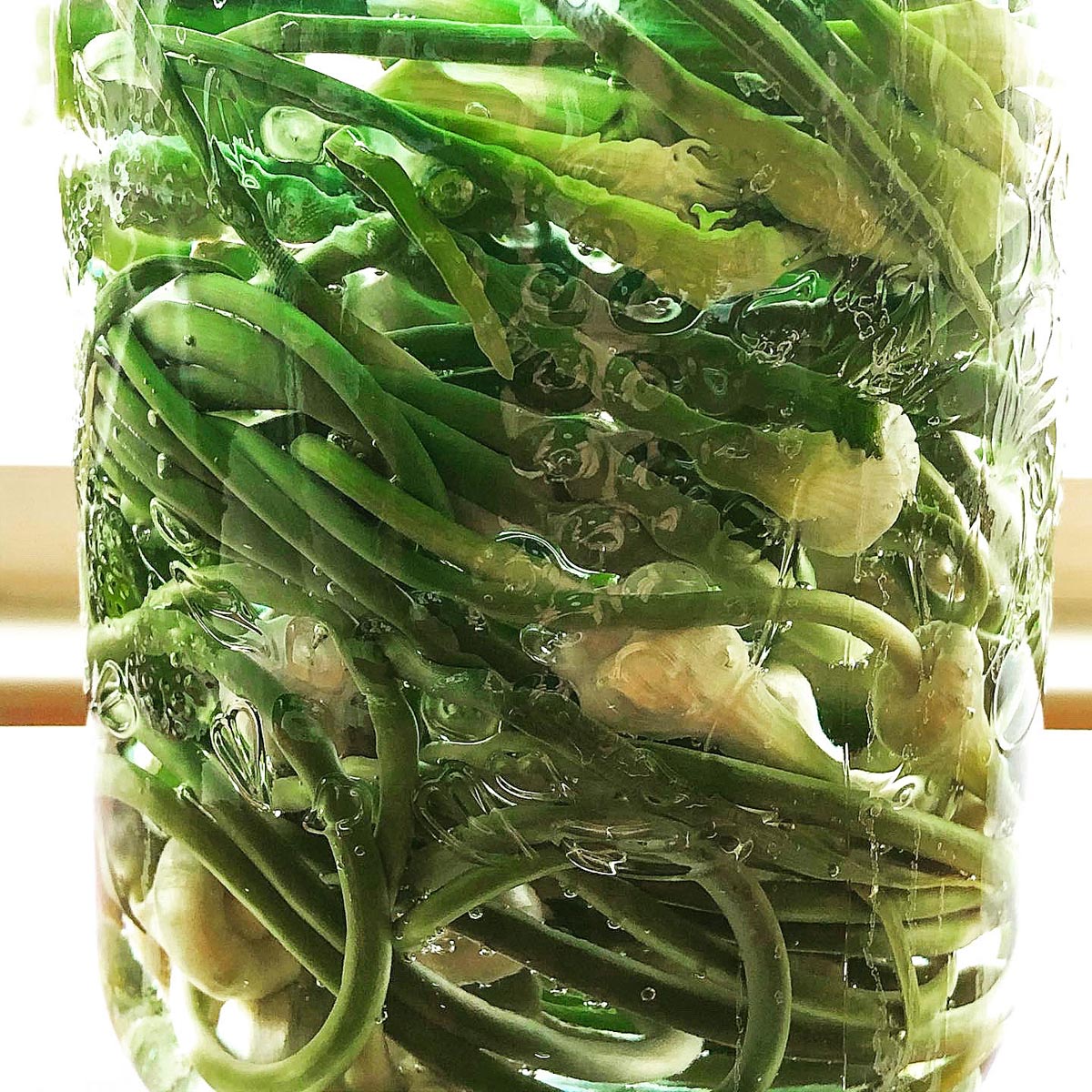
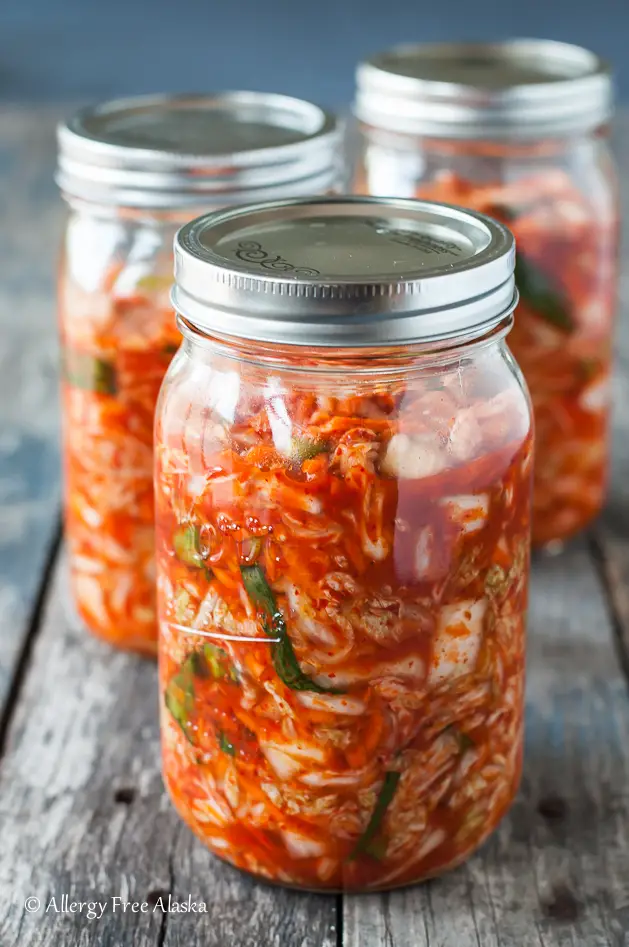
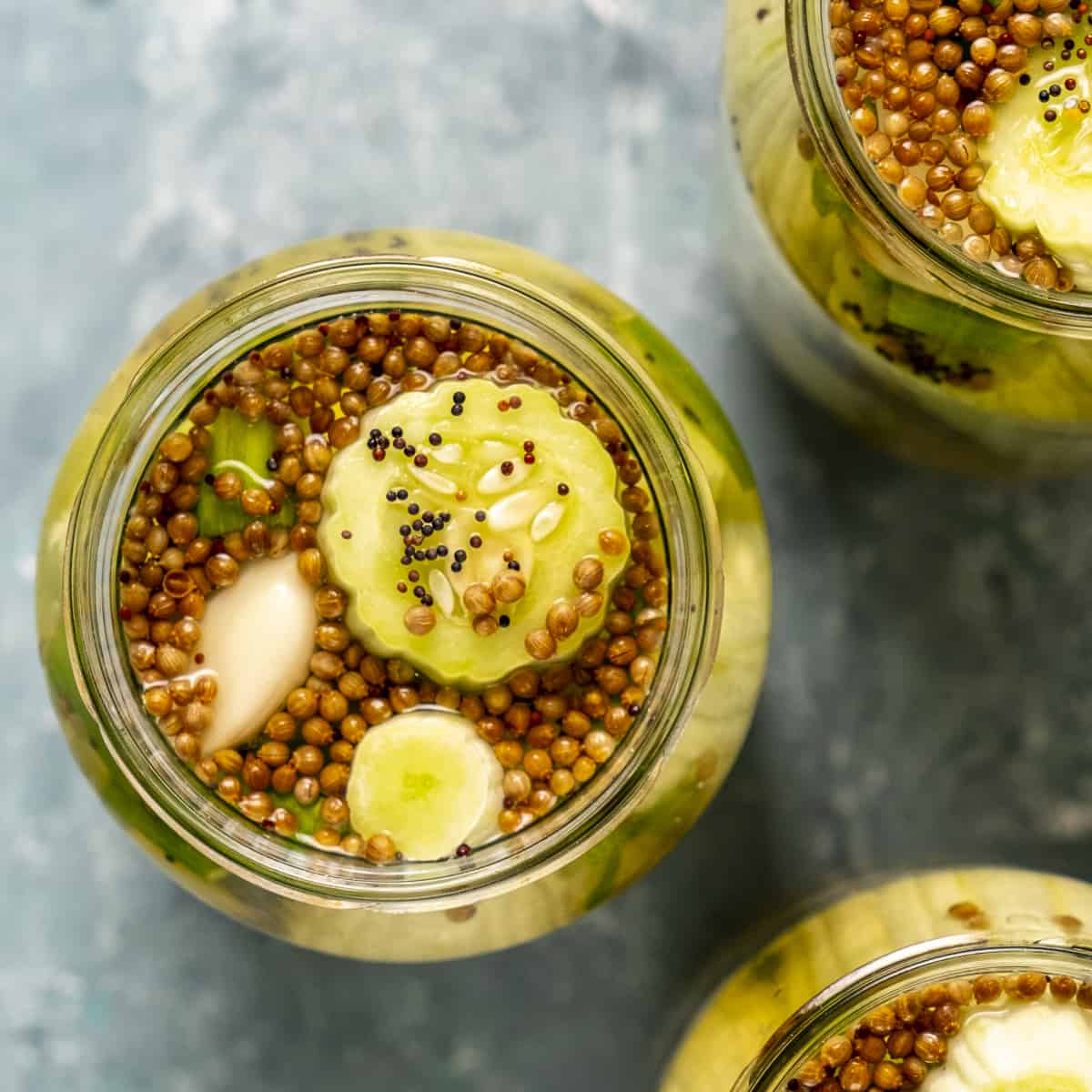

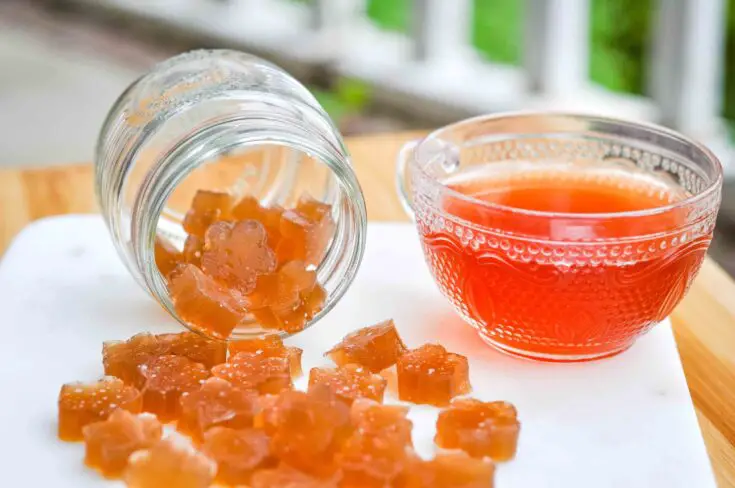
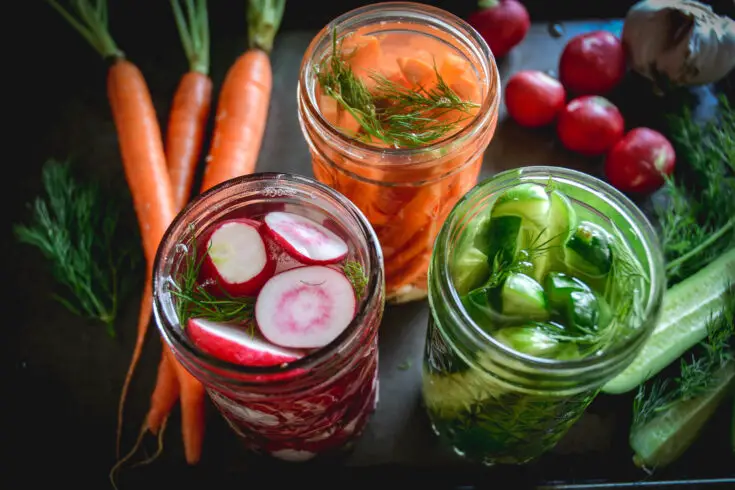

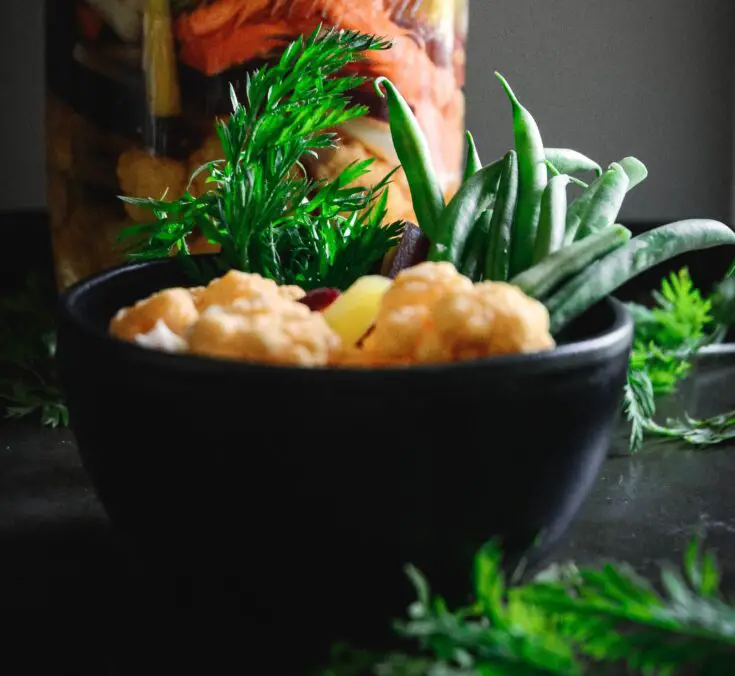
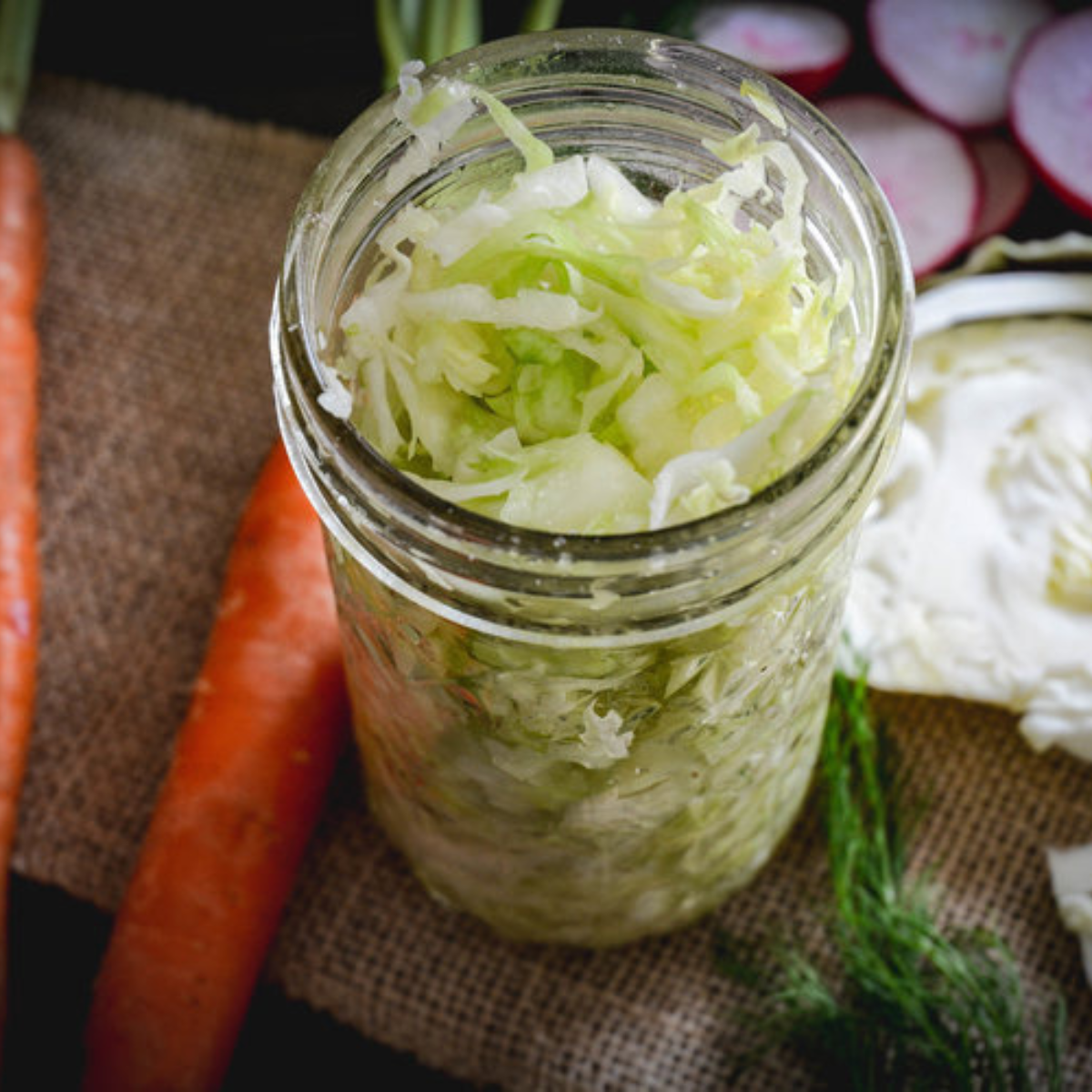
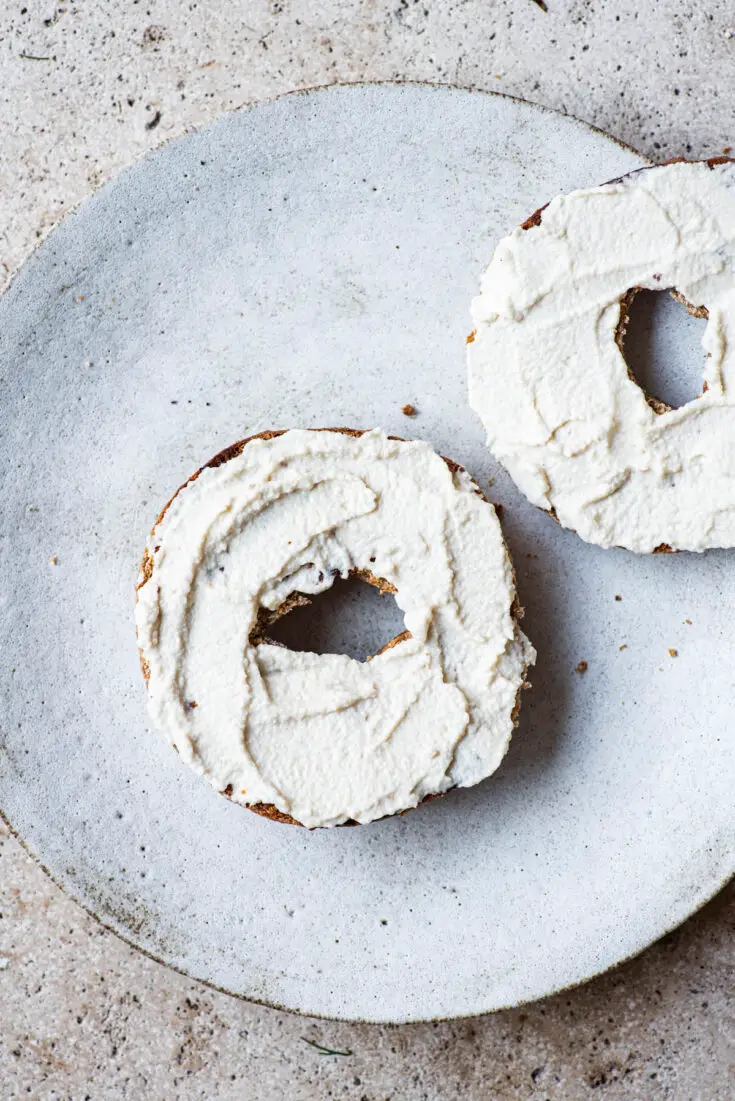

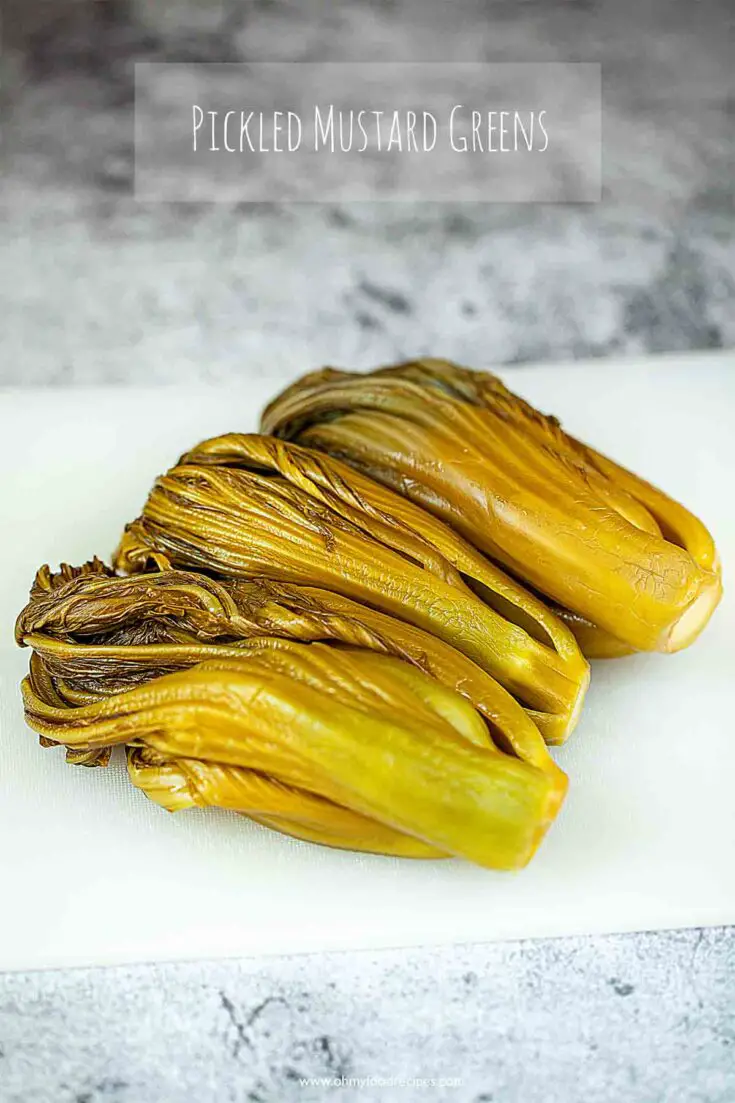
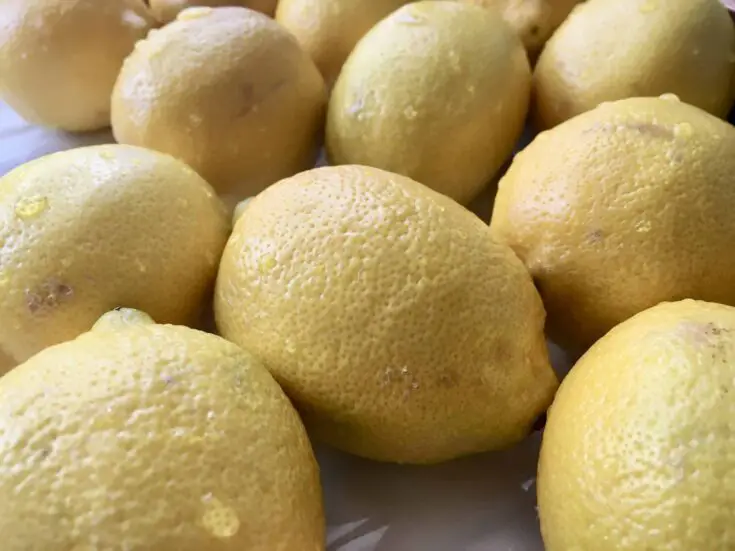
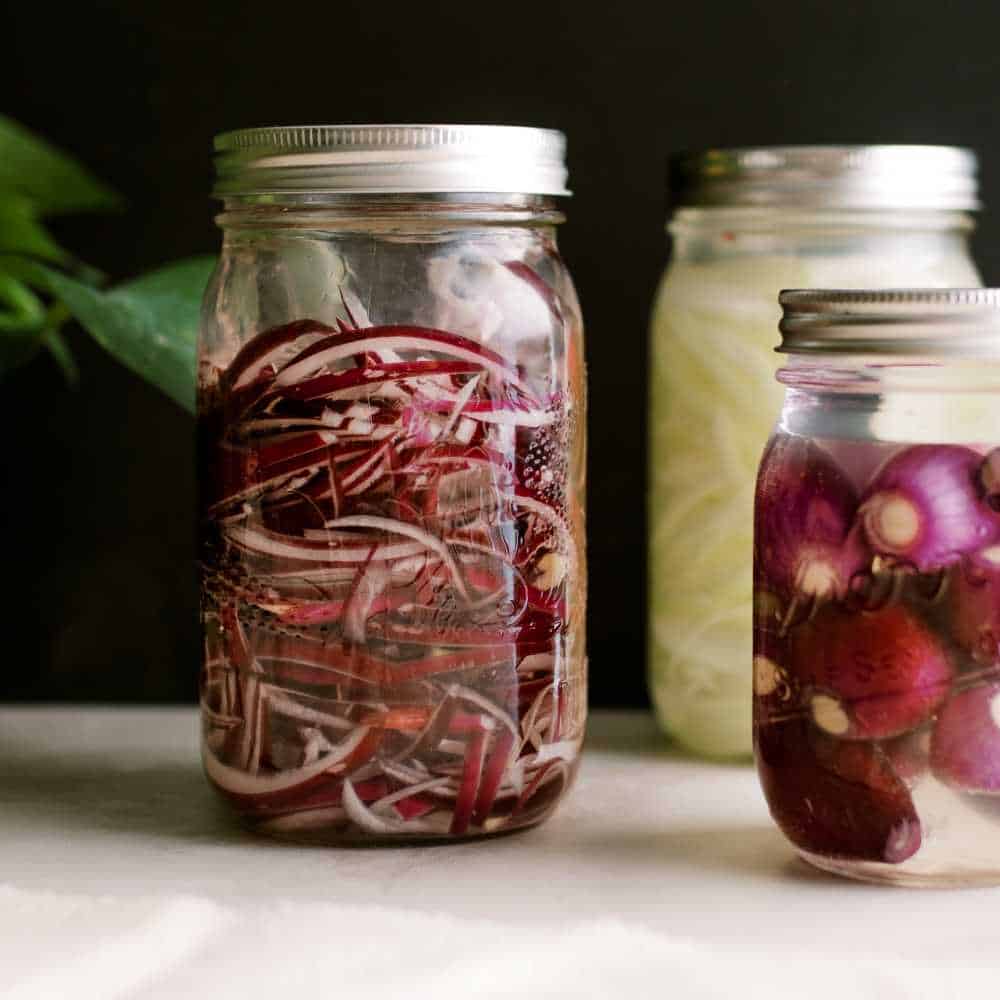

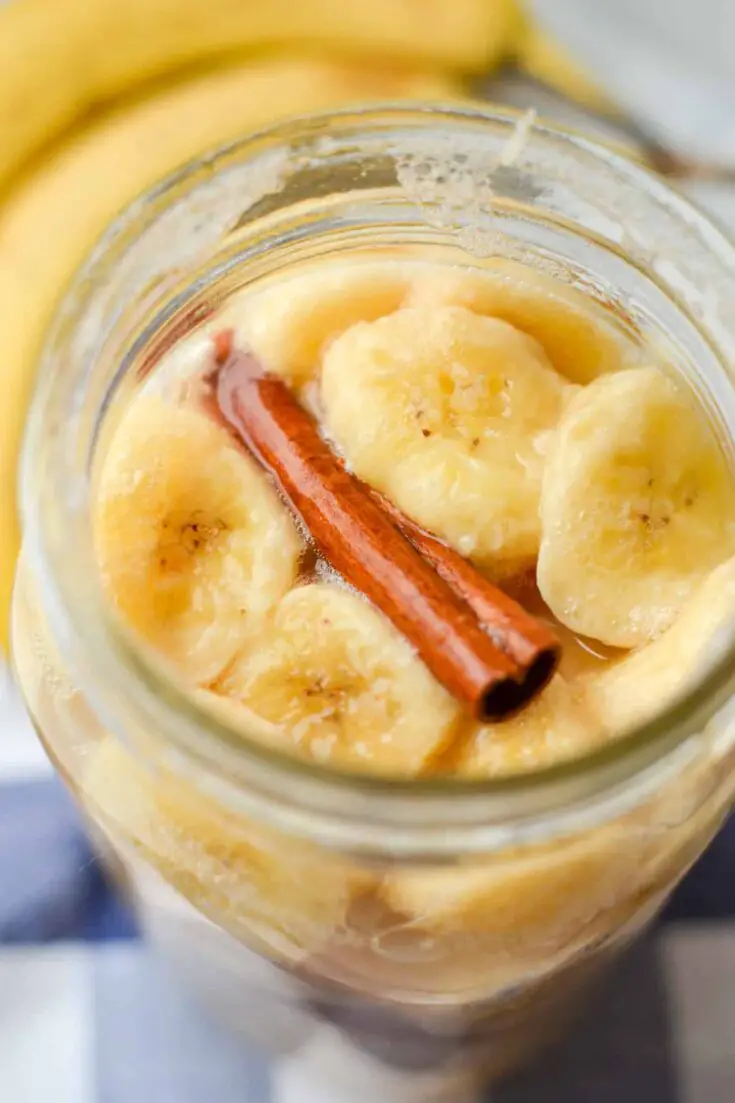
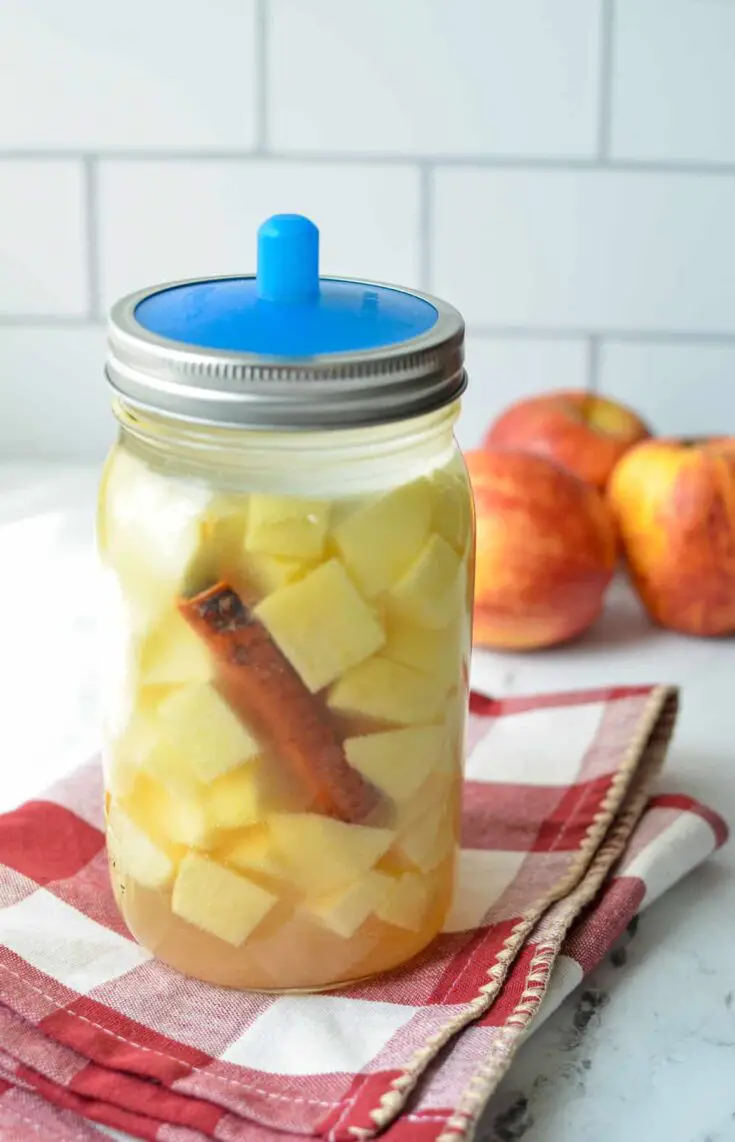


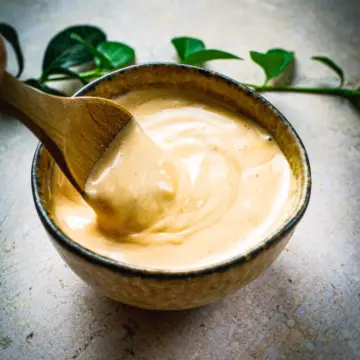
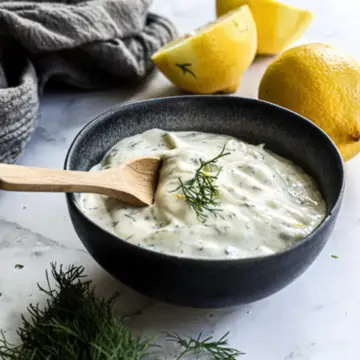
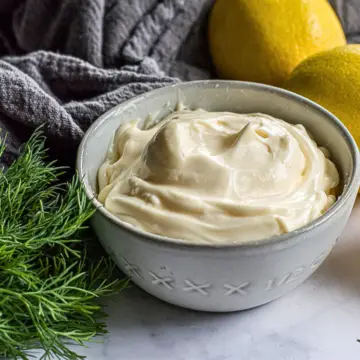
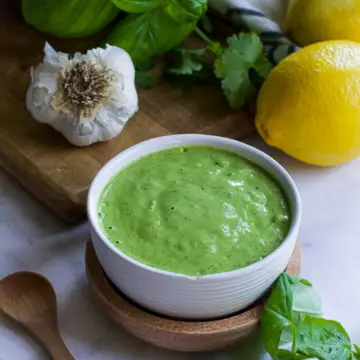
Cheryl
I like, I mean really like, your information and recipes.
However, I do not like your website or my experiences there. So I'll most likely go elsewhere for fermentation info.
Why???
Too many, far far too many, ads. I spent more time navigating through ads, x-ing/closing ads, just to read the recipe. Too aggravating.
dmodesto
Hi Cheryl, if creating content, or paying for supporting a website, or my time making the content was free, I wouldn't need ads. Unfortunately something has to also pay for my work. Thank you for taking the time to write about how much you don't like my website.